Epimedium – yin yang huo,barrenwort,epimedium honey,barrenwort for sale,epimediums for sale,herba epimedii,yin yang huo chinese herb,buy epimedium,epimedium herb,organic epimedium,yin yang huo herb,Epimedium
[Family, Genus and Medicinal Parts] This product is the whole plant of Epimedium and other plants of the same genus.
[Nature, flavor and meridians] pungent, warm. Enters the liver and kidney meridians.
[Efficacy] Tonify the kidneys, boost yang, and dispel rheumatism.
[Clinical Application] 1. Used for kidney deficiency, impotence, spermatorrhea and premature ejaculation, weak waist and knees, cold limbs and chills.
Epimedium has the function of warming the kidneys and supporting yang, so it is suitable for symptoms of kidney yang deficiency. To treat impotence and ejaculation, it can be used with Curculigo, Cornus, Roucongrong and other products; to treat impotence of the waist and knees, it can be used with Eucommia ulmoides, Morinda officinalis, Gouji and other products.
2. Used for cold-damp arthralgia or spasm and numbness of limbs.
Epimedium has a pungent and warm taste and can disperse wind and remove dampness. Therefore, it can be used for people with rheumatism and paralysis due to cold and dampness, as well as numbness of the limbs or spasm of muscles and bones. It can be combined with Clematis, Morinda officinalis, Cinnamon, Angelicae Sinensis, and Ligusticum Chuanxiong. Use together when compatible.
[Prescription name] Xianlingpi, Epimedium (wash, dry, and chop into pieces.)
【常用量用法】三至五钱,煎服。
[Note] Epimedium has a pungent and warm taste, and its functions are to replenish vitality and support kidney yang. It is a commonly used drug in clinical treatment of kidney yang deficiency. According to clinical practice, this product has the same effect as curculigo and fenugreek in warming the kidney and replenishing fire. similar. However, curculigo and fenugreek are warm in nature but not hot in nature, and have a strong kidney-warming effect. If taken for a long time, they will cause a bitter taste in the mouth and dry lips. This product is warm in nature but not hot. For patients with kidney yang deficiency, it will not be used for a long time. No adverse effects after taking it.
[Examples of prescriptions] Kidney-tonifying and body-building tablets “Shanghai Chinese Patent Medicine”: Epimedium bud, Cuscuta seed, Golden cherry seed, Zhigoji root, Ligustrum lucidum. Treats phlegm in the waist, soft feet, dizziness and tinnitus.
[Excerpt from literature] “Herbal Classic”: “It treats impotence and injuries, pain in the stem, facilitates urination, replenishes qi and strengthens the will.”
“Ming Dynasty Materia Medica”: “All cold winds cause fatigue, tense muscles and bones, and unkindness of the limbs. Tonify the waist and knees.”
“Compendium of Materia Medica”: “Building the gate of life, replenishing essence and qi, strengthening bones and muscles, and facilitating urination.”
This product is a Berberidaceae plant, Epimedium brevicomnu Maxim., Epimedium sagittatum (Sieb.et Zucc.), Epimedium Vaxm..
pubescens Maxim. or the dried leaves of Epimedium koreanum Nakai. Harvest in summer and autumn when the stems and leaves are lush and dry in the sun or shade.
【特点】
Epimedium has two or three compound leaves; the leaflets are oval, 3~8cm long, 2~6cm wide; the apex is slightly pointed, the base of the terminal leaflet is heart-shaped, the leaflets on both sides are smaller, eccentric, and larger on the outside. It is ear-shaped, with yellow stinging serrations on the edge; the upper surface is yellow-green, the lower surface is gray-green, there are 7 to 9 main veins, and there are sparse and long hairs at the base. The fine veins are protruding on both sides, and the network veins are obvious; the petiole is 1 ~5cm. The leaves are nearly leathery. The smell is slight and the taste is slightly bitter.
Epimedium sagittata has three compound leaves, the leaflets are long ovate to ovate-lanceolate, 4~12cm long, 2.5~5cm wide; the apex is tapering, the bases of the leaflets on both sides are obviously deflected, and the outer sides are mostly arrow-shaped. shape. The lower surface is sparsely covered with thick short hair or nearly hairless. Leaves leathery.
Epimedium pubescens has three compound leaves; the lower surface of the leaves and petioles are densely covered with downy pubescence.
Epimedium korea has two or three compound leaves; the leaflets are larger, 4 to 10 cm long, 3.5 to 7 cm wide, and have long pointed tips. The leaves are thin [identification]
(1) Leaf surface view of this product: The vertical walls of the upper and lower epidermal cells of Flos Herba are deeply wavy and curved, and there are heterogeneous cells arranged longitudinally along the leaf veins, containing 1 to more calcium oxalate columnar crystals: the lower epidermis has numerous stomata and is infinitive. , non-glandular hairs are sometimes seen.
Epimedium sagittata has smaller upper and lower epidermal cells; the lower epidermis has dense stomata, with most wart-like protrusions formed by shedding of non-glandular hairs, and sometimes non-glandular hairs can be seen.
The lower epidermal pores of Epimedium pilosa are sparse and have many slender non-glandular hairs.
Stomata and non-glandular hairs are easily visible in the lower epidermis of Epimedium korea.
(2) Take 0.5g of this product powder, add 10ml of ethanol, soak in warm temperature for 30 minutes, filter, evaporate the filtrate to dryness, add 1m of ethanol to the residue to dissolve, and use it as the test solution. Take another icariin reference substance, add methanol to make a solution containing 0.1mg per 1ml, and use it as the reference substance solution. According to the thin layer chromatography (General Chapter 0502) test, absorb 10y of each of the above two solutions, and spot them on the same TLC H thin layer plate. Use ethyl acetate butanone-formic acid-water (10:1:1:1) As a developing agent, unfold, take out, and dry. Check under a UV lamp (365nm). In the chromatogram of the test product, the same dark red spots appear at the corresponding positions of the chromatogram of the reference substance; spray aluminum trichloride test solution, and then put a UV lamp (365nm) Looking down, the same orange-red fluorescent spots are visible.
【检查】
Impurities must not exceed 3.0% (General Rule 2301).
Moisture content must not exceed 12.0% (General Rule 0832 Second Method).
The total ash content shall not exceed 8.0% (General Rule 2302).
【提炼】
Determine according to the cold soak method under the determination of alcohol-soluble leachables (General Chapter 2201), using dilute ethanol as the solvent, not less than 15.0%.
【含量测定】
Total flavonoids: Precisely measure 0.5ml of the test solution under the total flavonol glycosides category [Content Determination], place it in a 50ml measuring bottle, add methanol to the mark, shake well, and use it as the test solution. In addition, take an appropriate amount of fusariin reference substance, weigh it accurately, add methanol to make a solution containing 10ug per 1ml1, and use it as the reference solution. Take the test solution and the reference solution respectively, use the corresponding reagent as the blank, and take UV- Visible spectrophotometry (General Chapter 0401), measure the absorbance at a wavelength of 270nm and calculate.
This product is calculated as a dry product. The total flavonoids contained in the leaves shall not be less than 5.0%, calculated as icariin (C33H40015).
Total flavonol glycosides were determined according to high performance liquid chromatography (General Chapter 0512).
Chromatographic conditions and system suitability test use octadecyl alkane-bonded silica gel as the filler (column length is 250mm, inner diameter is 4.6mm); acetonitrile is used as mobile phase A, water is used as mobile phase B, as shown in the following table It is specified that gradient elution is carried out: the column temperature is 30°C; the detection wavelength is 270nm. The number of theoretical plates should not be less than 8,000 based on the calculation of the floating capariin peak.
Preparation of reference substance solution: Take an appropriate amount of icariin reference substance, weigh it accurately, add methanol to make a solution containing 40ug per 1ml, and you have it.
Preparation of the test solution: Take the leaves of this product, grind them through a No. 3 sieve, take about 0.2g, weigh it accurately, put it in a stoppered conical flask, add 20m of dilute ethanol accurately, weigh it, and treat it with ultrasonic (power 400W, Frequency 50kHz) for 1 hour, let cool, weigh again, make up for the lost weight with dilute ethanol, shake well, filter, and take the remaining filtrate to get it. Determination method: Precisely absorb 10 ml each of the reference solution and the test solution, inject them into the liquid chromatograph, and measure. Using the icariin reference substance as a reference and the corresponding peak as the S peak, calculate the relative retention time of Chaohuoding A, Chaohuoding B and Chaohuoding C peaks. Their relative retention times should be + Within 5% range. The relative retention times and correction factors are shown in the table below.
Using the icariin reference substance as a control, multiply the correction factors respectively to calculate the contents of Chaohuoding A, Chaohuoding B, Chaohuoding C and icariin. Calculated as a dry product, the leaves of this product contain the total amount of Asahuodin A (C3gH5oOz0), Asahuodin B (C38H4801g), Asahuodin C (C3gH5o01g) and Icariin (C33H4o015), and the Korean floating sheep grass must not be less. At least 0.50%; for Alpaca alba, Alba pilosa, and Alba japonica, it shall not be less than 1.5%.
饮水件
[Processed]
Remove impurities from Epimedium, pick the leaves, spray with clean water, slightly moisten, cut into shreds and dry.
【特点】
This product is in the form of silk sheets. The upper surface is green, yellow-green or light yellow, and the lower surface is gray-green. The veins are obvious, the midrib and thin veins are protruding, and the edges are serrated like yellow bristles. Almost leathery. Smell, slightly bitter taste
【鉴别】
(Except leaf surface appearance)
【检查】
(moisture total ash content)
【含量测定】
同藥材。
Grilled epimedium: Heat the suet oil to melt, add shredded epimedium, stir-fry over slow fire until all are shiny, take out and let cool.
For every 100kg of floating sheep clover, use 20kg of suet oil (refined oil).
【特点】
This product is shaped like floating sheep grass silk. The surface is light yellow and shiny. Slightly smell of mutton fat.
【检查】
Moisture content is the same as that of medicinal materials, but should not exceed 8.0%.
【含量测定】
Determine according to high performance liquid chromatography (General Chapter 0512),
Preparation of the reference substance solution: Take an appropriate amount of the glycoside reference substance, weigh it accurately, add methanol to make a solution containing 10ug per 1m, and you will get the total flavonols solution of the total flavonols of the medicinal material (today’s measurement) Down.
Chromatographic conditions and system suitability test, preparation of test solution, same as medicinal materials,
Then the method is to accurately absorb 10u each of the reference solution and the test solution, inject them into the liquid chromatograph, and measure. Calculate the content of Baohuoside I, Chaoding A, Chaoding B, Chaohuoside C and Epimedium using external standard method
The calculation method of hyosin content is the same as that of medicinal materials.
Calculated as a dry product, this product contains not less than 0.030% of Baohuoside I (C27H3o010); contains Chaohuoside A (C3gH5gOz0), Chaohuoside B (C38H4g01g), Chaohuoside C (C3gH5oO1g) and icariin (C33H40015), Epimedium korea should not be less than 0.40%, and Epimedium jingwei, Epimedium pilosa, and Epimedium arrowleaf should not be less than 1.2%.
【鉴别】
(Except leaf surface appearance)
【检查】
(Total ash content) Same as medicinal materials.
【性味归经】
Pungent, sweet, warm. Returns to liver and kidney meridians
【功能与主治】
Replenishes kidney yang, strengthens muscles and bones, and removes rheumatism. It is used for kidney yang deficiency, impotence and spermatorrhea, weak muscles and bones, rheumatic arthralgia, numbness and constraint.
【用法用量】
6~10克。
【贮存】
Store in a ventilated and dry place.
Where is epimedium mainly produced?
Mainly produced in Shanxi, Sichuan, Hubei and Jilin.
Where are the main medicinal parts of Epimedium?
Parts of epimedium used as medicine:
The Chinese medicinal material Epimedium is the Berberidaceae plant Epimedium brevicomu Maxim., Epimedium sagittatum (Sieb.et Zucc.) Maxim., Epimedium pubescens Maxim,. or Epimedium Korean. Dried leaves of koreanumNakai.
Harvest in summer and autumn when the stems and leaves are lush and dry in the sun or shade.
Characteristics of the medicinal parts of Epimedium:
·Epimedium has two or three compound leaves; the leaflets are oval, 3~8cm long, 2~6cm wide; the apex is slightly pointed, the base of the terminal leaflet is heart-shaped, the leaflets on both sides are smaller, eccentric, and larger on the outside , ear-shaped, with yellow sting-like fine serrations on the edge; the upper surface is yellow-green, the lower surface is gray-green, there are 7 to 9 main veins, there are sparse and long hairs at the base, the veins are protruding on both sides, and the network veins are obvious; the petiole is long 1~5cm. The leaves are nearly leathery. The smell is slight and the taste is slightly bitter. Epimedium sagittata has three compound leaves, the leaflets are long ovate to ovate-lanceolate, 4~12cm long, 2.5~5cm wide; the apex is tapering, the bases of the leaflets on both sides are obviously deflected, and the outer sides are mostly arrow-shaped. shape. The lower surface is sparsely covered with thick short hair or nearly hairless. Leaves leathery.
Epimedium pubescens has three compound leaves; the lower surface of the leaves and petioles are densely covered with downy pubescence.
Epimedium korea has two or three compound leaves; the leaflets are larger, 4 to 10 cm long, 3.5 to 7 cm wide, and have long pointed tips. The leaves are thin.
How is Epimedium recorded in ancient historical books?
“Herbal Classic”: “It treats impotence, pain in the stem, facilitates urination, replenishes qi and strength, and strengthens the will.” “Famous Doctors”: “Strengthens bones and muscles, eliminates scrofula, redness and swelling, and sores in the lower part. Wash and remove worms.” . If a husband takes it for a long time, he will become childless. “Rihuazi Materia Medica”: “Cure all wind-cold and laborious qi, strengthen the waist and knees, and strengthen the heart. The husband will not be able to bear Yang, and the woman will not be able to have children. The muscles and bones will be tense, the limbs will not work, the elderly will be comatose, and the middle-aged will be forgetful.”
功能与功效
Epimedium has the effects of nourishing kidney yang, strengthening muscles and bones, and dispelling rheumatism.
What are the main functions and clinical applications of Epimedium?
Epimedium is used for kidney yang deficiency, impotence and spermatorrhea, weak muscles and bones, rheumatic arthralgia, numbness and constraint.
Kidney yang deficiency syndrome
It can be used alone to treat impotence, spermatorrhea, soreness in the waist and legs, mental fatigue, etc. caused by insufficient kidney yang; or it can be used in combination with Cistanche deserticola, actinolite, and psoralen. Rheumatic arthralgia, weakness of muscles and bones
·It can be used alone as a drink soaked in wine, or used together with wolfberry and salvia miltiorrhiza.
·Treat osteoarthritis due to liver and kidney deficiency, blood stasis and collateral obstruction. Symptoms include joint swelling, numbness, pain, and limited movement. It is often used with Rehmannia glutinosa, Rhizoma Drynariae, and Dog Chi.
It is used to treat cervical spondylotic radiculopathy caused by liver and kidney deficiency, cold-dampness and yang collaterals, with symptoms such as shoulder and arm pain, numbness, and mobility impairment. It is often used with Cistanche deserticola, Millet Spatholobus, and Rehmannia glutinosa.
What other benefits does epimedium have?
Commonly used medicinal recipes for Epimedium are as follows!
My husband is impotent and his waist and knees are sore and cold.
500g Epimedium, 10L wine, soak for 3 days, drink 30mL each time.
Myelosuppression after chemotherapy
20g epimedium and 4 eggs.
Wash the epimedium and simmer it in water for 30 minutes. Add the eggs with clean shells. When the eggs are cooked, crack the eggshells and continue to simmer in the epimedium soup until the juice is dry. Eat 2 eggs 2 times a day.
Soreness in waist and knees, impotence, cold uterus and infertility, etc.
100g epimedium, 50g Cistanche deserticola, 1L good white wine or rice wine. Soak the medicine in wine and seal it for 7 days. Drink 1 small cup each time, 3 times a day.
What are the compound preparations containing epimedium?
Shenbao Mixture
Warm and nourish kidney yang, strengthen essence and replenish qi. It is used for impotence and spermatorrhea, soreness in waist and legs, lack of energy, frequent nocturia, fear of cold, menorrhagia, and thin leucorrhea caused by deficiency of kidney yang and insufficient essence.
Yang Huo Panax notoginseng capsules
Warming yang and unblocking meridians, removing blood stasis and relieving pain. It is used for chest obstruction caused by yang deficiency and blood stasis, with symptoms such as chest pain, chest tightness, palpitations, fatigue, shortness of breath, etc.; coronary heart disease and angina pectoris belonging to the above syndromes.
Xianlingpisan
Treatment of stroke: Weakness of the feet and knees, slow tendon of the muscles and bones, and inability to stand upright.
Three kidney pills
Tonify kidney and essence, warm and strengthen yang. It is used for impotence caused by kidney essence deficiency, yang deficiency and slippery essence, soreness and coldness in the waist and knees, shortness of breath and mental fatigue.
Xingnao Reconstructed Glue Bomb
Resolves phlegm, refreshes the brain, dispels wind and activates collaterals. It is used for confusion, astringent speech, drooling at the corners of the mouth, muscle and bone pain, spasm of hands and feet, and hemiplegia caused by wind and phlegm blocking the clearing of the orifices; patients with the above syndromes in the recovery period and sequelae of cerebral thrombosis.
Modern research progress on Epimedium
This product has various pharmacological effects such as sex hormone-like, immune-enhancing, liver- and kidney-protecting, anti-osteoporosis, anti-myocardial ischemia, anti-Alzheimer’s disease, anti-thrombotic, and promotion of hematopoiesis.
如何使用
Epimedium has the effects of nourishing kidney yang, strengthening muscles and bones, and dispelling rheumatism. Generally, epimedium decoction pieces are used and decoction is taken.
How to use epimedium correctly?
When epimedium decoction is taken orally, the usual dosage is 10~15g.
Through different processing methods, Chinese herbal medicine pieces such as epimedium and epimedium can be produced. Different preparation methods have different effects, but the medication method is the same. Please follow your doctor’s advice for specific medication.
Epimedium is usually taken as a decoction or decoction, or it can also be made into powder or pills. However, the use of Chinese medicinal materials requires syndrome differentiation and treatment, and should be used under the guidance of professional Chinese medicine practitioners. They should not be used at will, let alone listen to traditional Chinese medicine prescriptions and advertisements.
In addition, epimedium can also be used for daily health care. Commonly used methods of consumption are as follows:
·Infusion in wine: Epimedium warms the kidneys and strengthens yang. Use epimedium in wine to drink. Used for kidney deficiency, impotence, soreness and weakness of waist and knees.
Boil water (Astragalus and Sheep Clover Soup): Boil water with 30g of Astragalus, 15g of Epimedium, and 6g of Schisandra chinensis. It has the functions of strengthening kidney yang, strengthening muscles and bones, and dispelling rheumatism.
How to prepare epimedium?
Epimedium
Take the original medicinal materials, remove impurities, and extractLeaves, spray with water, slightly moisten, cut into strips, and dry.
Roasted Epimedium
Take mutton fat oil, heat and melt, add epimedium strips, stir-fry on low heat until the surface shows a uniform oily luster and turns slightly yellow, then take it out and let it cool. For every 100kg of epimedium, use 20kg of refined mutton fat oil.
What drugs should be used with epimedium with special attention?
The combined use of Chinese medicine and the combined use of Chinese and Western medicine requires syndrome differentiation and clinical individualized treatment. If you are using other drugs, please consult a doctor before taking the medicine, and inform the doctor of all your confirmed diseases and treatment plans you are receiving.
使用说明
Epimedium is pungent, sweet, warm and dry, which hurts yin and helps fire, so it is not suitable for people with yin deficiency, fire and damp-heat arthralgia.
What precautions should be taken when using epimedium?
For exogenous febrile diseases, real heat, yin deficiency and fire, blood deficiency and blood heat, etc., it is not suitable to take a single medicine for a long time in large quantities.
· Pregnant and lactating women: If you are pregnant, planning to become pregnant or are lactating, please inform your doctor in time and consult whether Chinese medicine can be used for treatment
·儿童:儿童用药必须在医生指导及成人监护下进行。
·请妥善保管药材,请勿将自己的药材赠送给他人。
How to identify and use epimedium?
Epimedium is pungent, sweet and warm in nature. It belongs to the liver and kidney meridians. It has the functions of nourishing kidney yang, strengthening tendons and bones, and dispelling rheumatism.
Raw epimedium has the effect of dispelling rheumatism and is used for wind-cold dampness arthralgia, stroke hemiplegia and polio, etc.
Sheep fat oil is sweet and hot, can warm and dispel cold evil, benefit the kidney and replenish yang. After being processed with sheep fat, it can enhance the effect of warming the kidney and supporting yang, and is mostly used for yang and infertility.
Epimedium – Yin Yang Huo
价格范围:$88.88 至 $49,880.00
+ 免费送货Epimedium,[yin yang huo], Chinese herbal medicine, alias: Xianlingpi, Gangqian, Sanzhi Jiuyecao, English name: Epimedii Folium, main effects: tonifying kidney yang, strengthening tendons and bones, and removing rheumatism
The Chinese herbal medicine Epimedium is a yang-tonifying medicine, which is the dried leaves of the Berberidaceae plants Epimedium, Sagittae, Wollose Epimedium or Korean Epimedium.
The medicinal properties of Epimedium are pungent, sweet, and warm. It enters the liver and kidney meridians.
Epimedium is pungent, dispersing, sweet, warming, and dry, and enters the liver and kidney meridians with a strong effect. It not only tonifies kidney yang and strengthens tendons and bones, but also removes rheumatism and relieves pain. It is commonly used for kidney deficiency, impotence, wind-cold and dampness. It has a strong and effective effect, so it is also called Xianlingpi.
This product contains flavonoid compounds, as well as lignans, alkaloids, and volatile oils. It has the functions of tonifying kidney yang, strengthening tendons and bones, and dispelling rheumatism.
| 重量 | 1公斤, 10公斤, 100公斤, 500公斤, 1000公斤 |
|---|
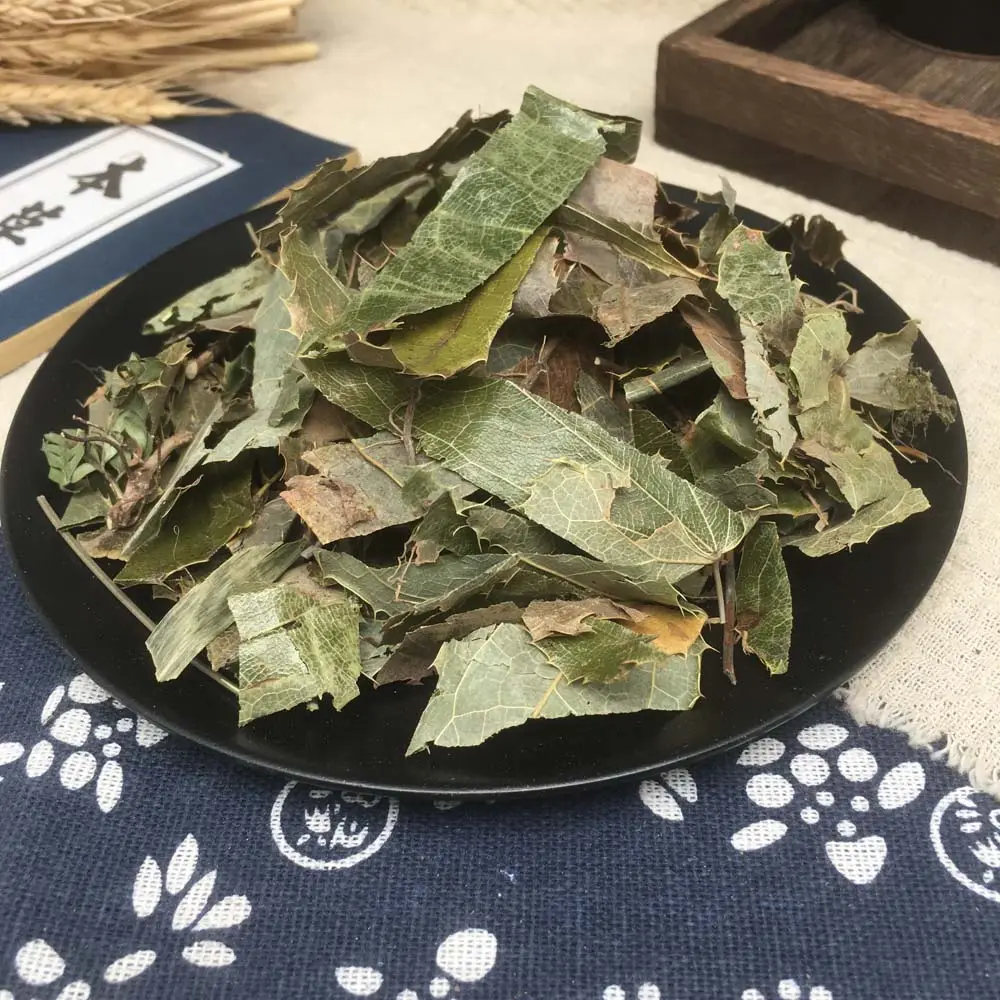
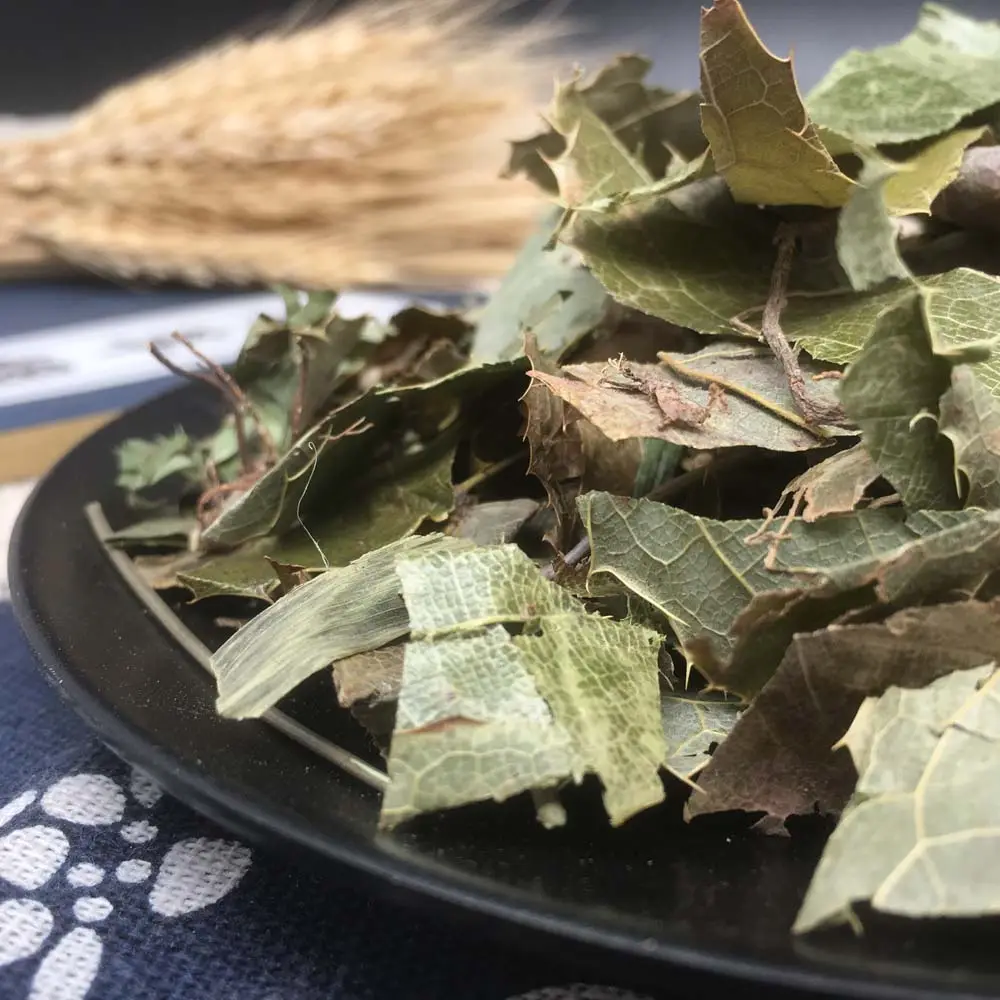
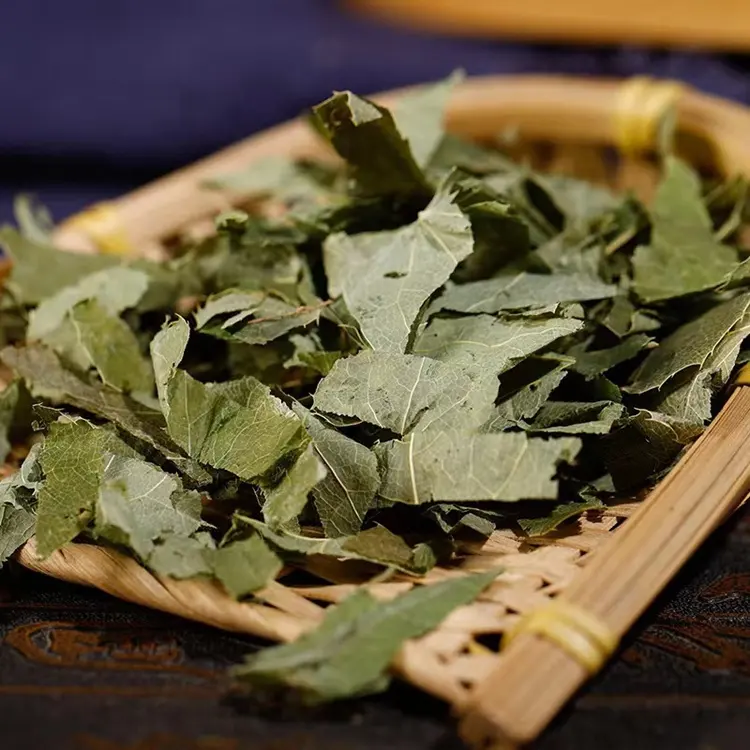
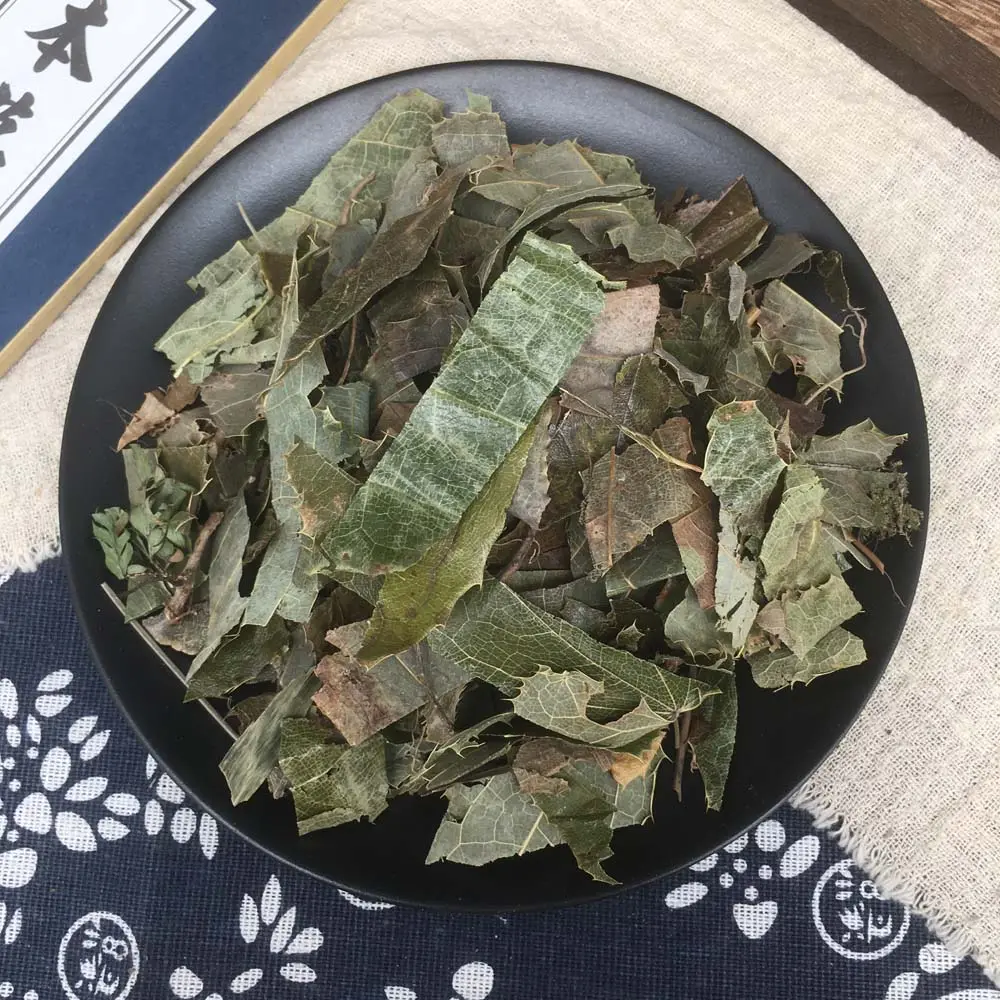
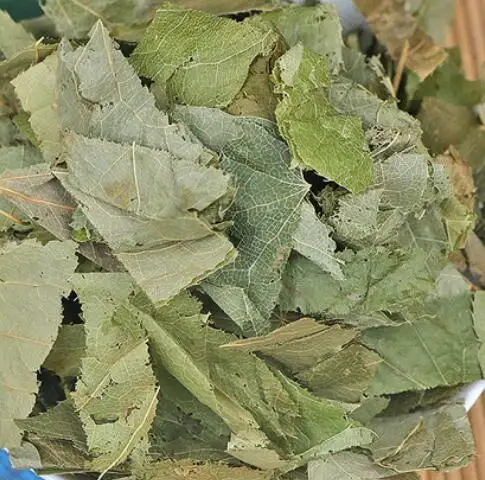
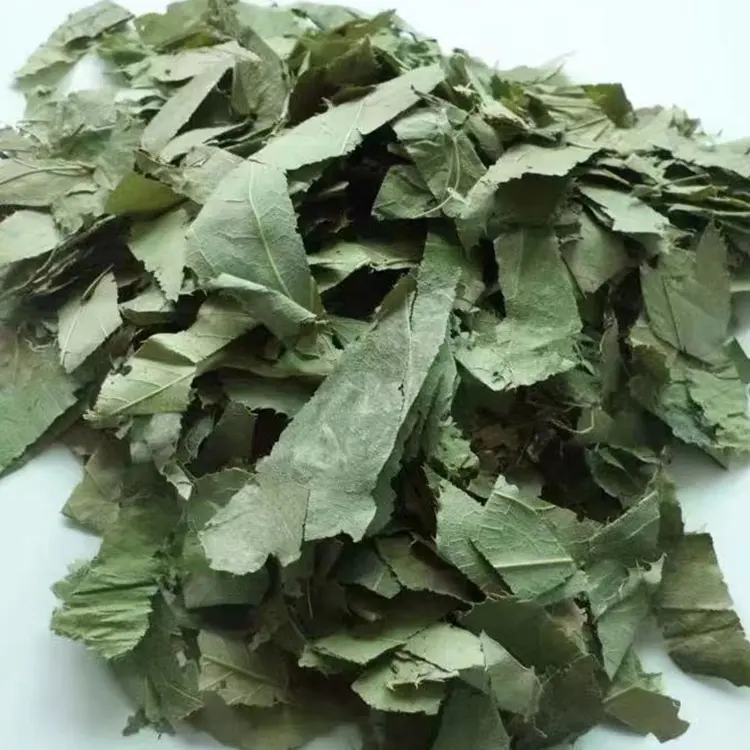
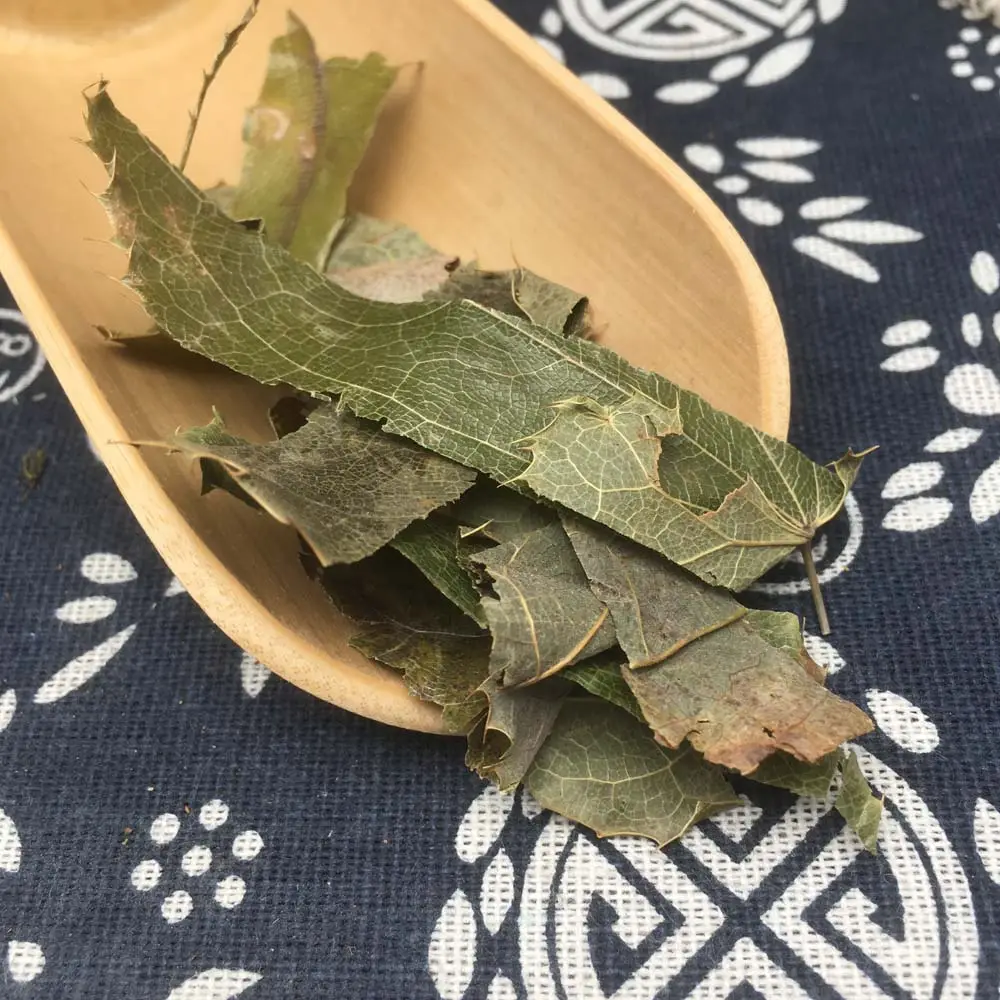
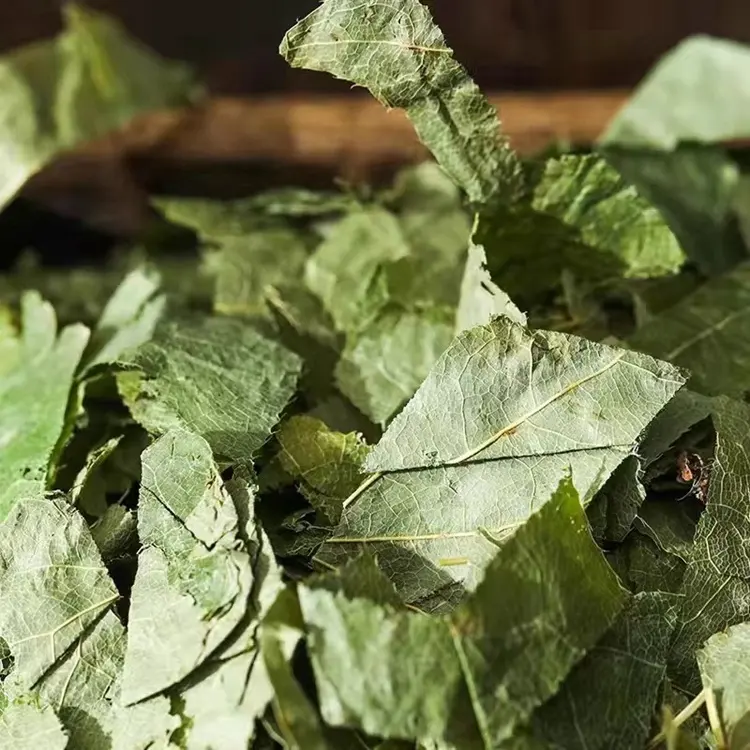
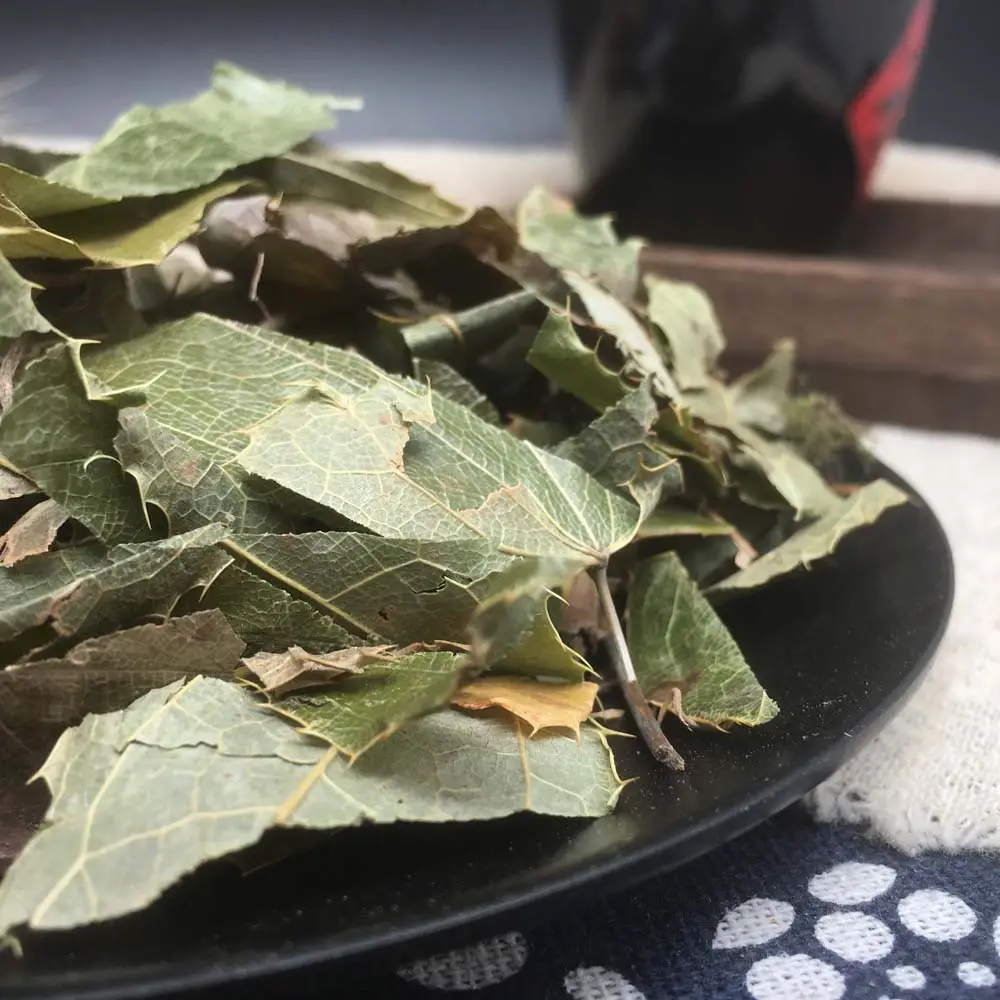
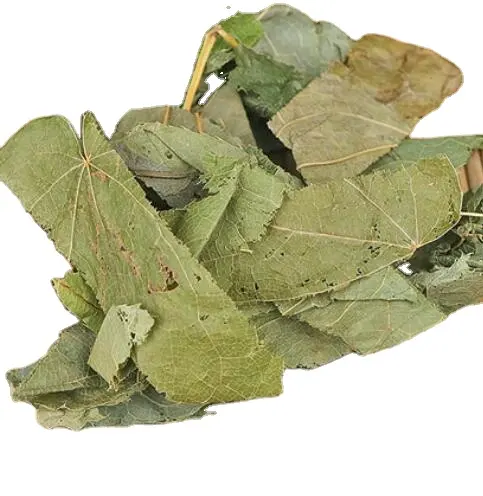
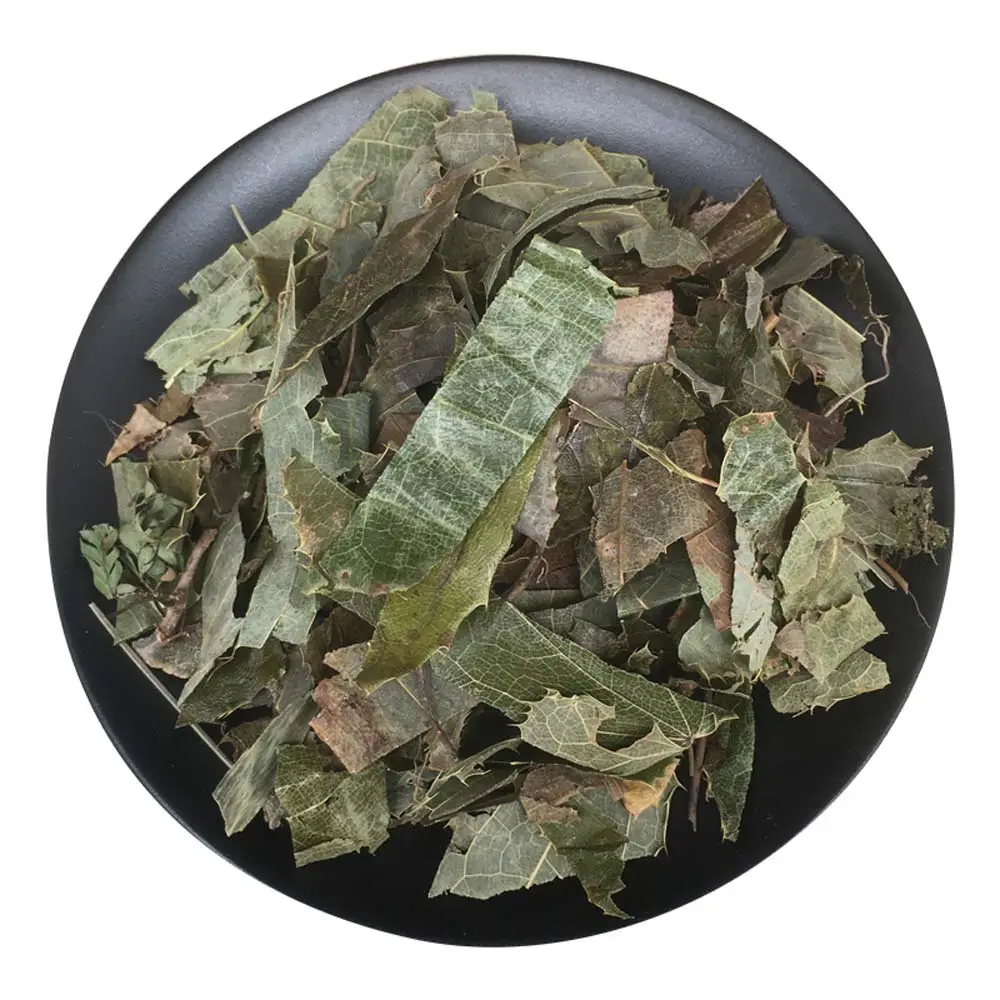
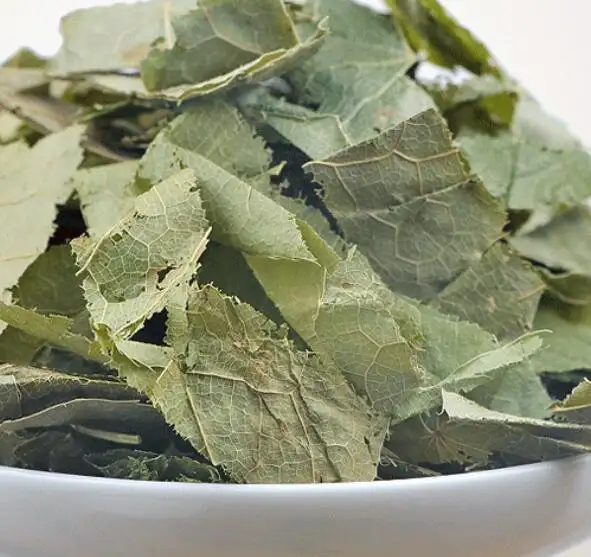
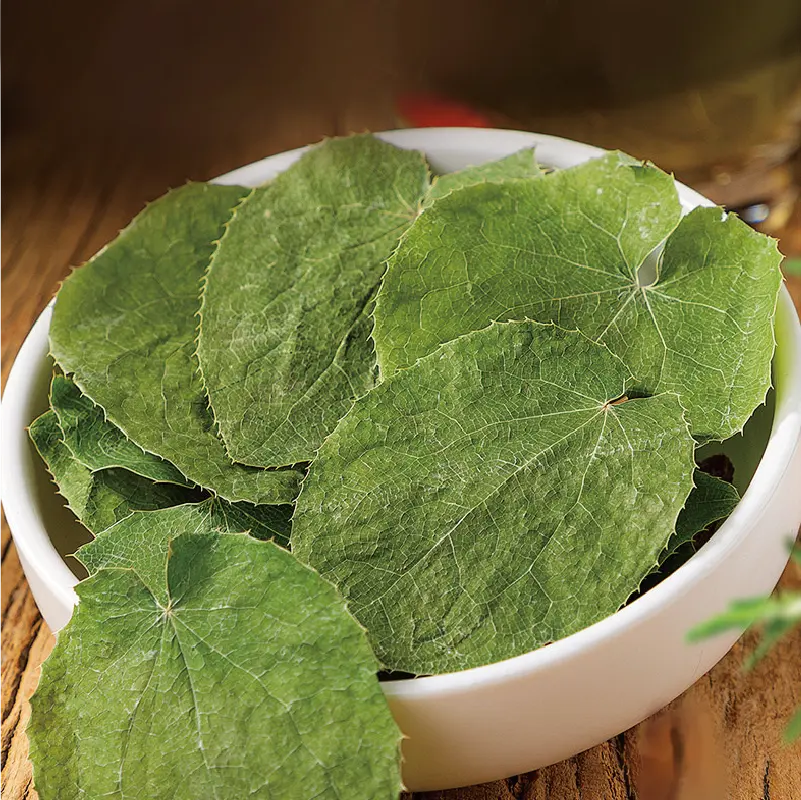
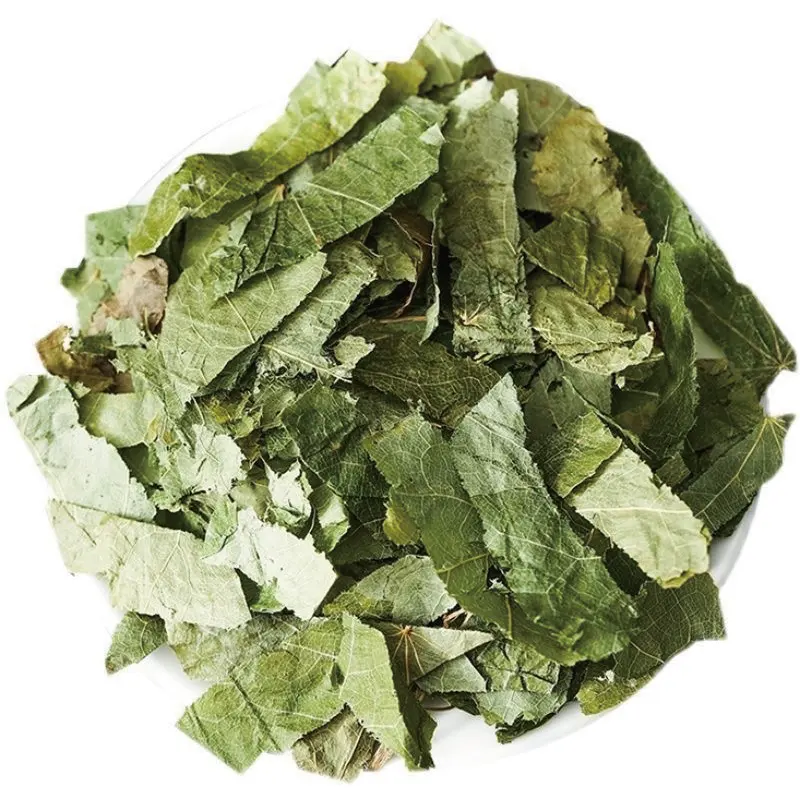
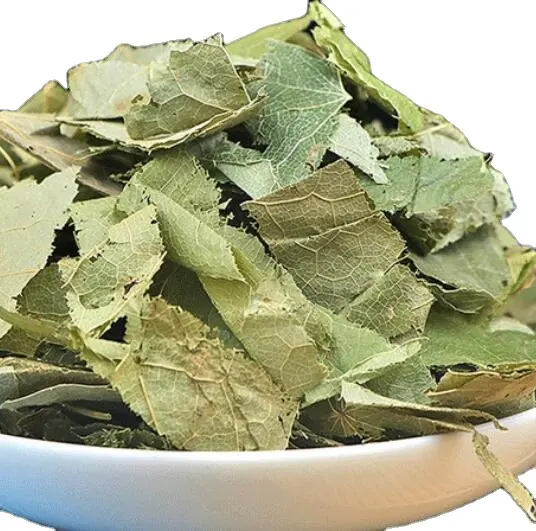


评价
目前还没有评价